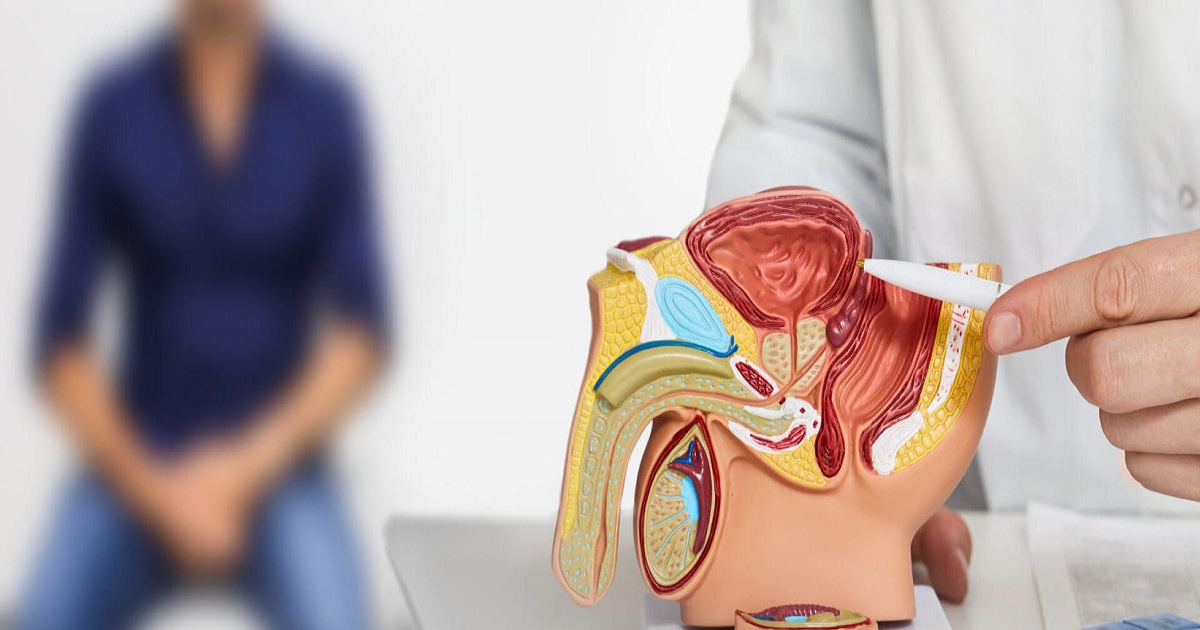Understanding Male Infertility: Causes, Symptoms, and Treatments
Infertility is a condition that affects both men and women. While women are generally seen as the primary sufferers of infertility, studies suggest that male infertility is a factor in approximately 50% of infertility cases. Infertility in men can be caused by a variety of factors, including genetic abnormalities, lifestyle factors, and exposure to toxins. In this article, we will delve deeper into the causes of infertility in males, including male factor infertility, mumps infertility, cystic fibrosis infertility, and oligospermia. We will also discuss the available treatments for these conditions.
Causes of infertility in men:
Male Factor Infertility:
Male factor infertility refers to the inability of a man to produce sufficient amounts of healthy sperm that can fertilize an egg. This can be caused by a variety of factors, such as:
Hormonal imbalances
Genetic disorders
Testicular injury or infection
Age-related decline in testosterone levels
Exposure to toxins or radiation
Mumps Infertility:
Mumps is a viral infection that affects the salivary glands, causing painful swelling. In rare cases, mumps can cause infertility in males. The mumps virus can damage the testicles, resulting in decreased sperm production or complete sterility.
Cystic Fibrosis Infertility:
Cystic fibrosis is a genetic disorder that affects the respiratory and digestive systems. Men with cystic fibrosis may be infertile due to blockages in the vas deferens, the tube that carries sperm from the testicles to the penis. This can prevent sperm from reaching the ejaculate.
Sterility in Males:
Sterility refers to the complete inability to father a child. This can be caused by a variety of factors, such as:
Congenital abnormalities
Hormonal imbalances
Testicular injury or infection
Exposure to toxins or radiation
Oligospermia:
Oligospermia is a condition in which a man produces low sperm count. This can be caused by a variety of factors, such as:
Hormonal imbalances
Genetic disorders
Testicular injury or infection
Exposure to toxins or radiation
Treatment for Infertility in Men:
Male Factor Infertility Treatment:
Male factor infertility can be treated with a variety of treatments, such as:
Hormone replacement therapy
Surgery to correct varicocele or blockages in the reproductive system
Intrauterine insemination (IUI)
In vitro fertilization (IVF)
Mumps Infertility Treatment:
Mumps-related infertility cannot be treated directly. However, in some cases, sperm may still be present in the testicles, and a sperm retrieval procedure can be performed to extract sperm for use in IVF.
Cystic Fibrosis Infertility Treatment:
Men with cystic fibrosis may undergo a surgical procedure to remove blockages in the vas deferens, allowing sperm to reach the ejaculate.
Sterility in Males Treatment:
The treatment for sterility depends on the underlying cause. In some cases, hormonal therapy or surgery may be recommended. In other cases, sperm retrieval and assisted reproductive technologies such as IVF may be used.
Oligospermia Treatment:
Treatment for oligospermia may include hormone therapy, antibiotics to treat infections, or surgery to correct blockages or varicocele. Assisted reproductive technologies such as IUI or IVF may also be recommended for couples struggling with male factor infertility.
However, prevention is always better than cure, and taking care of your overall health and wellbeing can help prevent male infertility. Here are some tips to maintain good reproductive health:
Avoid smoking and excessive alcohol consumption.
Maintain a healthy weight and exercise regularly.
Avoid exposure to environmental toxins such as pesticides, lead, and other harmful chemicals.
Practice safe sex and get tested for sexually transmitted infections.
Avoid excessive heat exposure to the genital area, such as hot tubs and saunas.
By taking care of your overall health and wellbeing, you can reduce your risk of male infertility and maintain good reproductive health. Remember, if you are struggling with infertility, seek professional help and support to explore your options and find the right treatment for you.
:
FAQs:
Can male infertility be treated?
Yes, male infertility can be treated with various treatments such as hormone replacement therapy, surgery, and assisted reproductive technologies.
What is the most common cause of male infertility?
The most common cause of male infertility is low sperm count or poor sperm quality.
Can mumps cause infertility in males?
Yes, mumps can cause infertility in males by damaging the testicles, resulting in decreased sperm production or complete sterility.
Conclusion:
Infertility in males can be caused by a variety of factors, and it can have a significant impact on a man's emotional and mental health. If you are experiencing infertility, it's essential to seek professional help and support to understand the underlying cause and explore the available treatment options. Remember, male infertility is a common problem, and with the right treatment, it can often be overcome.

Comments